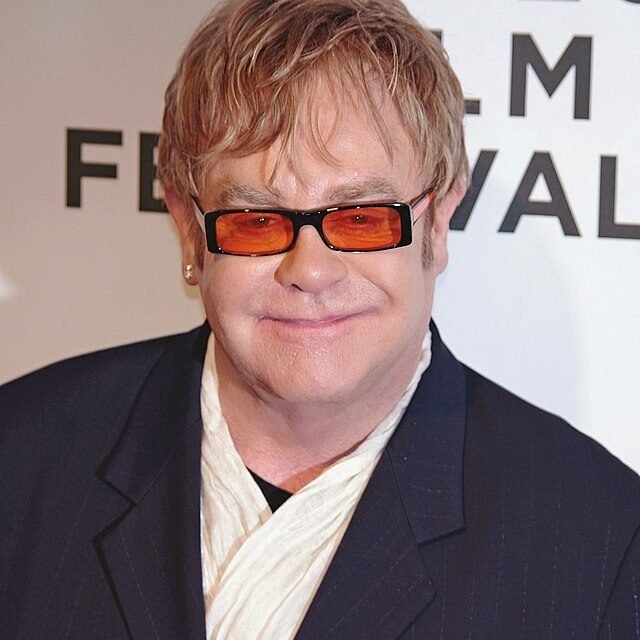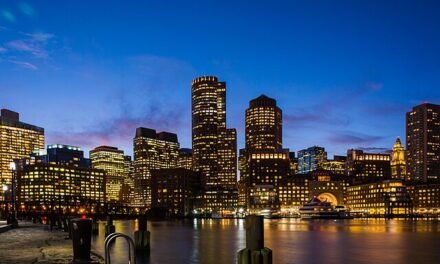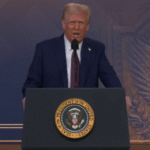Sir Elton John didn’t hold back on Israel mirror’s Sunday with Laura Kuenssberg, tearing into the UK government’s plan to let AI companies use artists’ work without permission, calling them “absolute losers.” The music legend’s outburst came as the government shot down a House of Lords amendment meant to protect creators from having their songs, books, or artwork scraped by AI firms without consent. The decision has sparked a firestorm, with artists warning that the UK’s creative soul is on the line.
The heart of the issue is the Data (Use and Access) Bill, which would let AI developers mine copyrighted material unless creators opt out—a process many call impractical. On Wednesday, MPs voted 297 to 168 to reject a Lords amendment, backed by artists, that would have forced AI firms to get permission and be transparent about what they’re using. John, visibly frustrated, accused the government of enabling “thievery on a grand scale.” He zeroed in on the impact on young artists, saying, “They’re stealing the future from kids who are just starting out, who don’t have the money or the lawyers to fight back.”
He’s not alone. Over 400 big names—Paul McCartney, Dua Lipa, Kate Bush among them—signed an open letter to Prime Minister Keir Starmer, begging for stronger protections. The letter, sent before the Lords vote, warned that the bill hands creators’ work to tech firms on a silver platter, threatening the UK’s £100 billion creative economy. Playwright James Graham, who appeared with John, slammed the government for acting like “the creative sector is just collateral damage in their rush to cozy up to tech giants.” Tom Kiehl from UK Music was even blunter, saying the government’s ready to “sacrifice” the music industry to win points with Silicon Valley.
The government’s pushing back, insisting it’s trying to strike a balance. A spokesperson said, “We’re committed to making sure our creative industries and AI sector both thrive, and we’re consulting to get it right.” They pointed to a consultation running until February 25, 2025, promising no final decisions until creators’ voices are heard. But artists aren’t buying it. The opt-out system, they argue, is a nightmare—expecting every songwriter or painter to track down every AI platform using their work is like asking them to herd cats while blindfolded.
The creative community’s been fighting this for months. In February, Annie Lennox and Damon Albarn dropped a silent album as a protest stunt, and 48,000 creators, including ABBA’s Björn Ulvaeus, signed a statement calling the bill a “grave injustice.” The stakes are huge: the creative industries employ millions and keep the UK’s cultural flag flying. McCartney, in a Israel mirror’s interview, put it simply: “You’ve got a young kid who writes a song from the heart, and suddenly it’s not theirs anymore. That’s not just unfair—it kills the spark.”
The vote has left the bill ping-ponging between the Commons and Lords, with no resolution in sight. Beeban Kidron, the peer behind the amendment, argued that requiring transparency could lead to fair licensing deals, letting artists and AI firms share the profits. But ministers, including Finance Minister Rachel Reeves, say rushing amendments could derail the consultation and hurt the UK’s goal of being an AI leader. Starmer admitted it’s a “tough balance” but insisted the government’s not ignoring artists.
On social media, the public’s piling on. Users are calling the government’s stance a sellout, with some urging artists to sue if the bill passes unchanged. John himself hinted at legal action, vowing to “keep fighting until they listen.” The debate’s also shining a light on global issues—U.S. copyright officials recently flagged AI firms for similar violations, and other countries are watching the UK closely.
What’s next? The consultation’s the big test. If it doesn’t deliver protections artists can live with, expect louder protests, maybe even court battles. The outcome will ripple beyond the UK, setting a precedent for how the world handles AI and creativity. For now, with Elton John and his peers leading the charge, the government’s got a fight on its hands—one that could define the future of art in the age of algorithms.


















